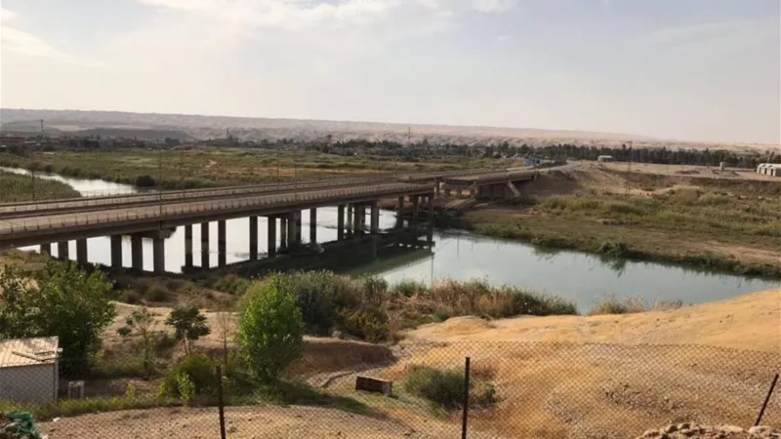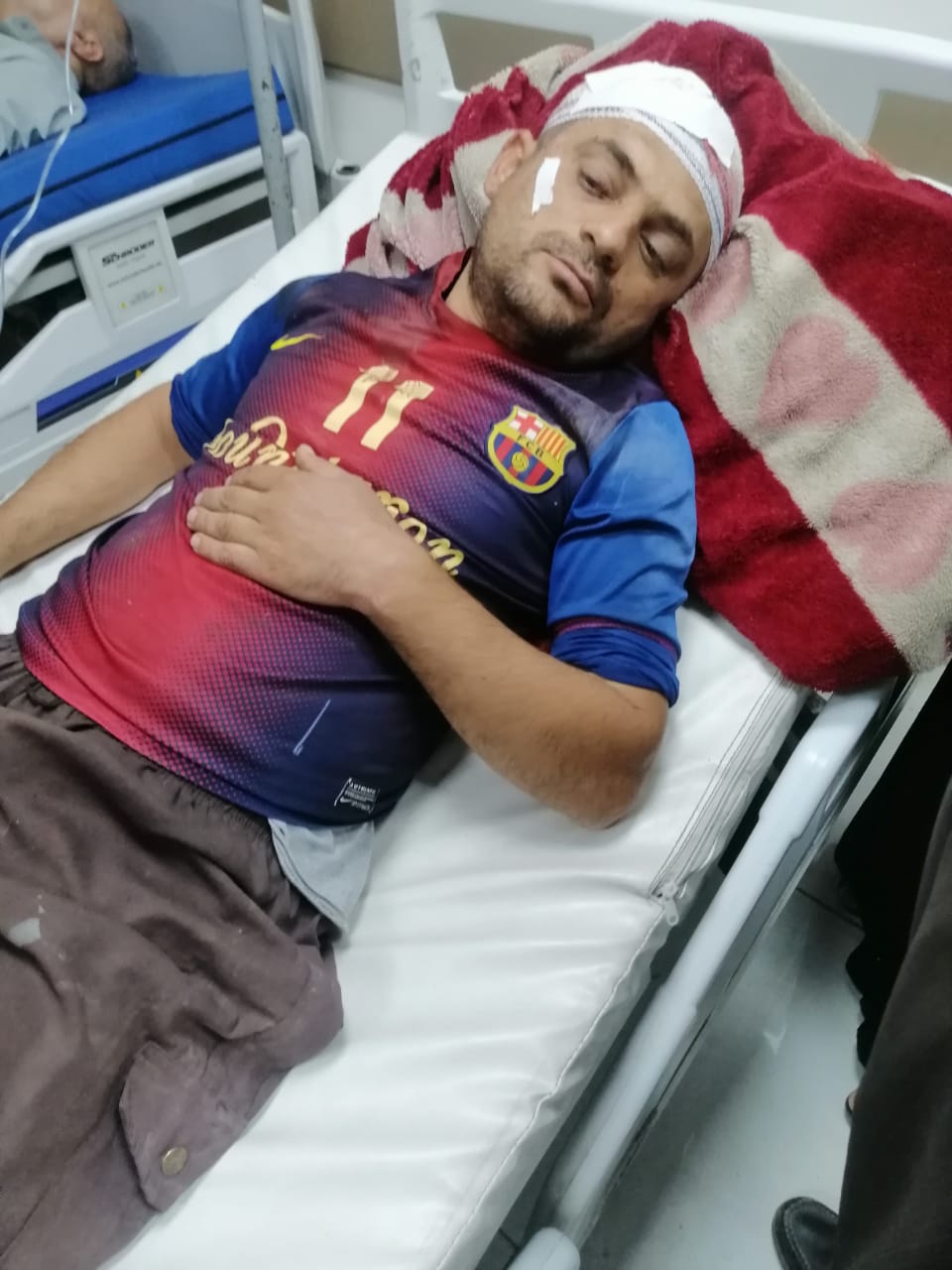ISIS Ambush in Kirkuk Leaves One Injured, Another Kidnapped
Local police confirmed that the victims, identified as Pala Najmadin and Saman Wahid, were attacked between the villages of Zardk and Bibani.

ERBIL (Kurdistan24) – Two Kurdish men were ambushed by ISIS gunmen on Thursday in the Altun Kupri sub-district of Kirkuk, leaving one injured and the other kidnapped, according to Kurdistan24 correspondent Hemin Dalo.
Local police confirmed that the victims, identified as Pala Najmadin and Saman Wahid, were attacked between the villages of Zardk and Bibani. The assailants reportedly searched their belongings before filming a video on Najmadin’s phone, in which they declared they had captured an “infidel.” Najmadin, a defense and emergency policeman, was shot twice and left for dead.
Despite his injuries, Najmadin managed to reach a nearby village, where residents rushed him to a hospital. He is currently receiving intensive medical care. Wahid, however, was abducted by the militants, and his whereabouts remain unknown. Security forces have launched an extensive search to locate the kidnappers and rescue him.
Also, a resident of Zardk village told a Kurdistan24 correspondent, "The movement of ISIS is evident here, along with many resettled Arabs."
"This has instilled a lot of fear in us, even forcing us to carry weapons as we go about our lives," he added.
The incident underscores the persistent threat posed by ISIS remnants in disputed territories such as Kirkuk, where militants have exploited security gaps between the Iraqi army and Kurdish Peshmerga forces. Although the group was territorially defeated in Iraq in 2017, ISIS cells continue to carry out ambushes, kidnappings, and bombings in rural areas, particularly around Kirkuk, Diyala, and Salahaddin provinces.
In recent years, both the Kurdistan Regional Government (KRG) and the federal Iraqi government, with international coalition support, have worked to address these security vulnerabilities. However, Thursday’s attack highlights the ongoing risks faced by civilians and security personnel in the contested regions.
These attacks underscore the urgent need for enhanced coordination and intelligence sharing between the KRG and federal forces. Strengthening security measures and addressing governance issues in disputed territories are critical to preventing further destabilization and ensuring the safety of local populations.

Updated at 12:42...